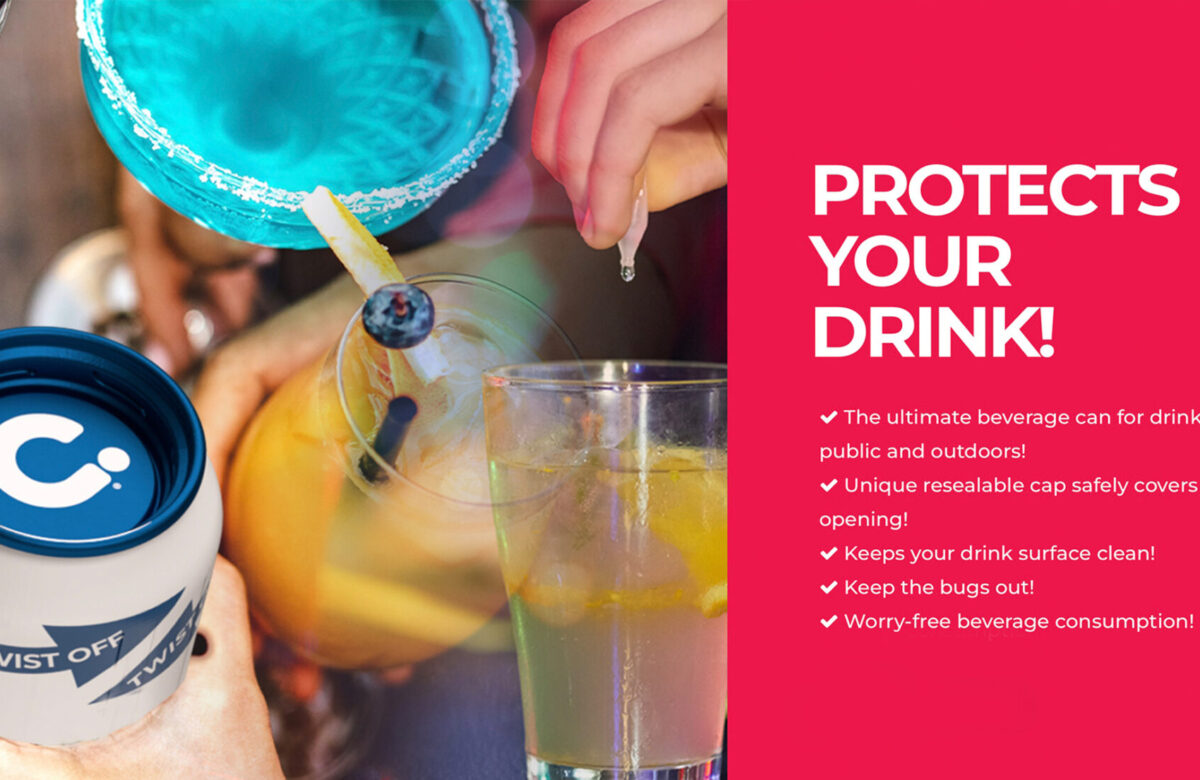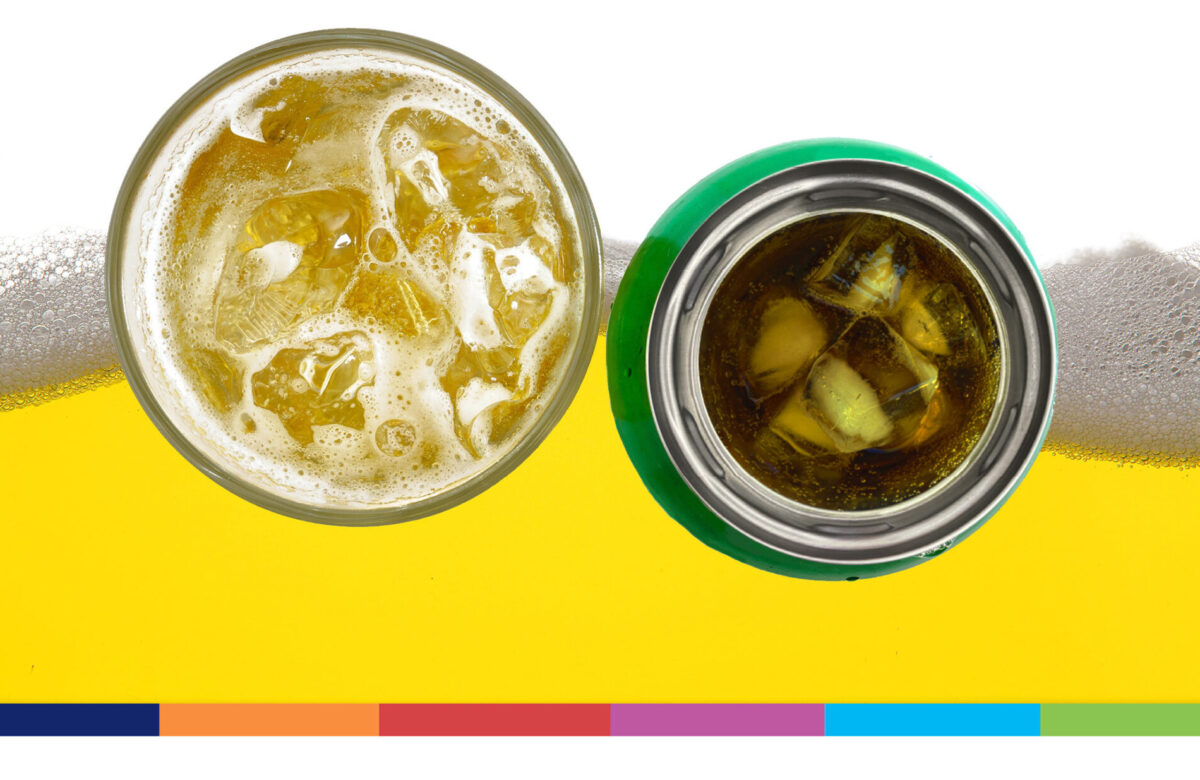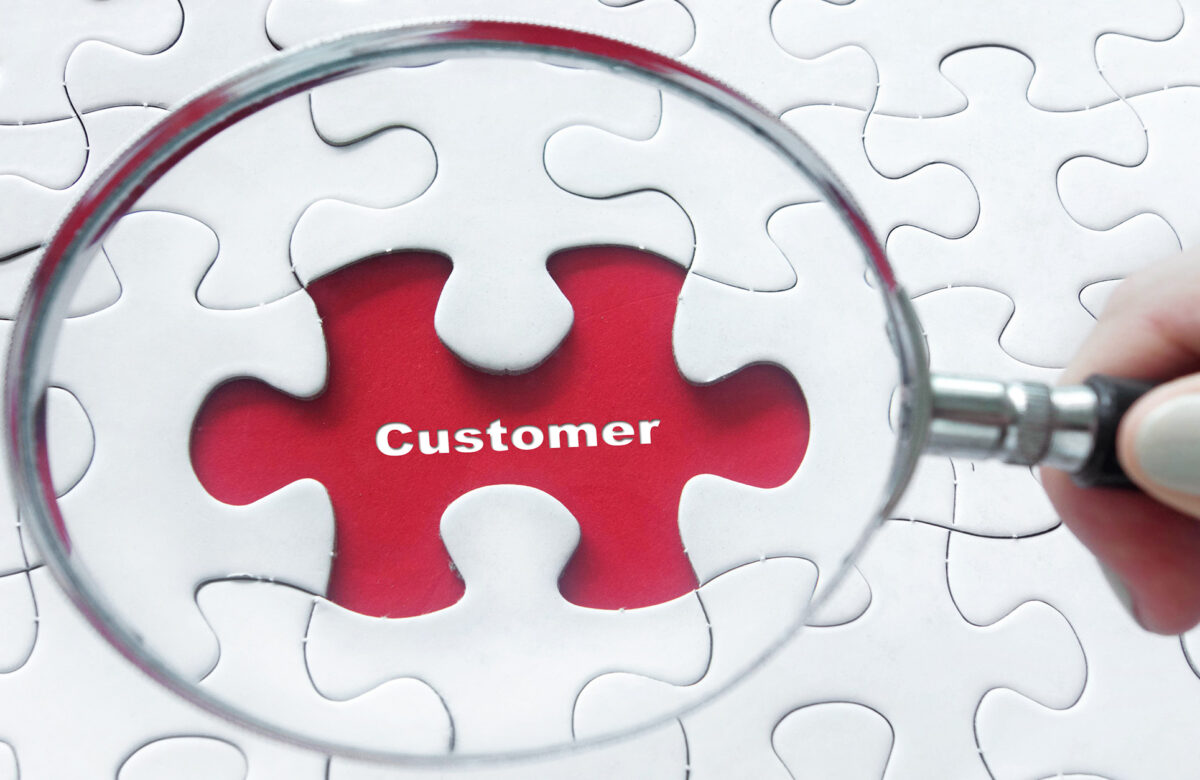

Recycled aluminum significantly reduces the financial and environmental costs to produce when compared to creating virgin aluminum from mining bauxite ore. This makes aluminum an attractive option for packaging consumer goods.

Recycling has become a cornerstone of our environmental efforts, but the complexities surrounding plastic recycling urge us to reevaluate our approach. While some plastics are more recyclable than others, all types of plastics will inevitably end up being trash. Some plastics are more durable than others and can be recycled many times over but will lose value and quality each time. Aluminum on the other hand never loses its value and is actually profitable to the recycling industry.
The recycling symbol and resin classification system are familiar, yet misleading. Plastic recycling varies significantly depending on location and facilities, making it crucial to understand what materials our local centers accept. Unfortunately, a considerable portion of plastic labeled as ‘recyclable‘ ends up in landfills due to economic constraints and limited material lifespan. The Environmental Protection Agency (EPA) has recently been encouraging legislators to stop using the green looping arrows and instead identify certain plastics with another symbol that is less likely to be confusing to consumers. California is leading the way in this initiative as they look to replace the chasing green arrows with a simple triangle along with the resin identification code (RIC), numbers 1-7, that recyclers are familiar with.
Given consumers’ ignorance as to which plastics are actually worth recycling, aluminum should be appointed as a sustainable material champion. Aluminum’s infinite recyclability, cost-effectiveness, and substantial environmental benefits position this abundant Earth mineral as a superior choice. Recycled aluminum significantly reduces the financial and environmental costs to produce when compared to creating virgin aluminum from mining bauxite ore. This makes aluminum an attractive option for packaging consumer goods. Additionally, with renewable energies becoming more popular, this strengthens the argument in favor of aluminum even more.
At Canovation, we champion the potential of aluminum as the solution to unsustainable packaging. Our CanReseal® technology, an all-metal, fully resealable can, capitalizes on aluminum’s recyclability. By providing beverage brands with a sustainable packaging alternative, we drive the transition toward The Future of Sustainable Packaging™ without compromising quality or cost-effectiveness.





